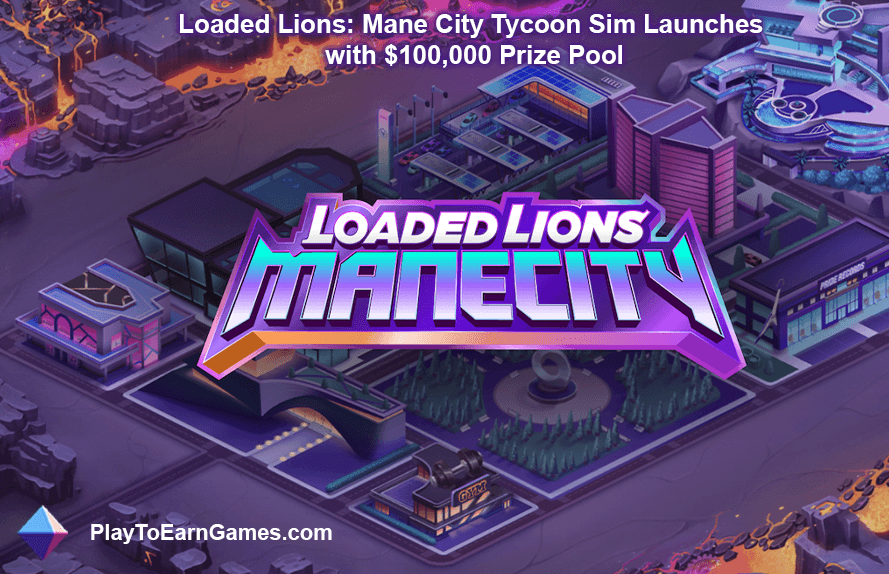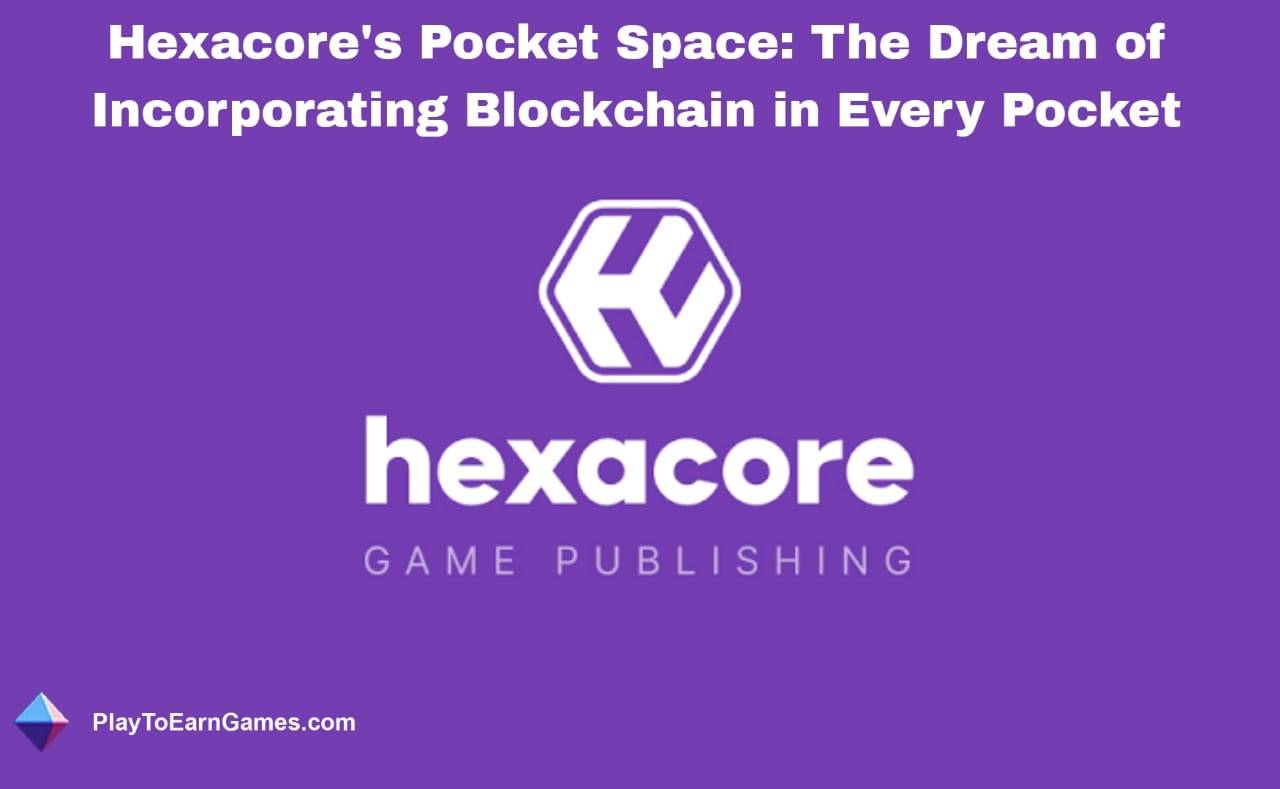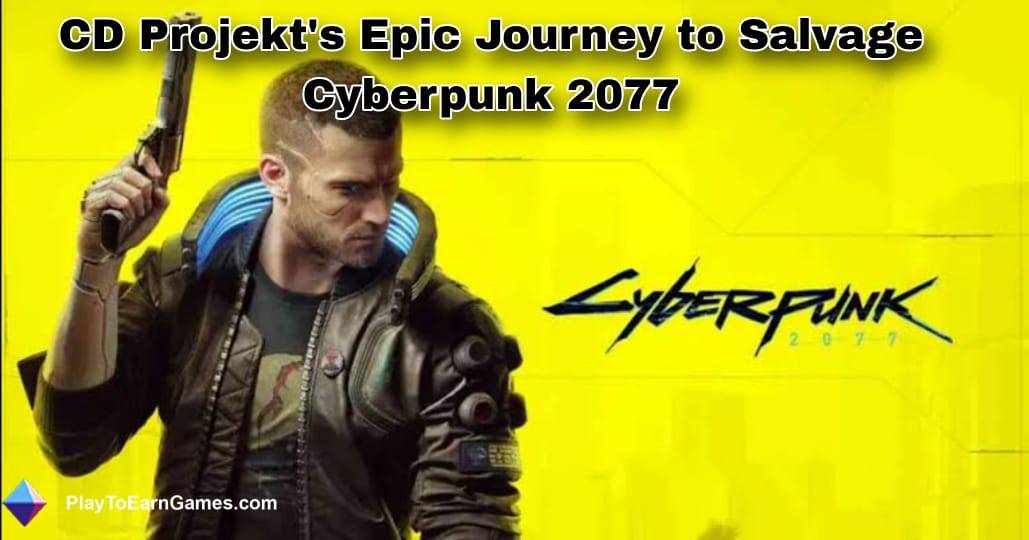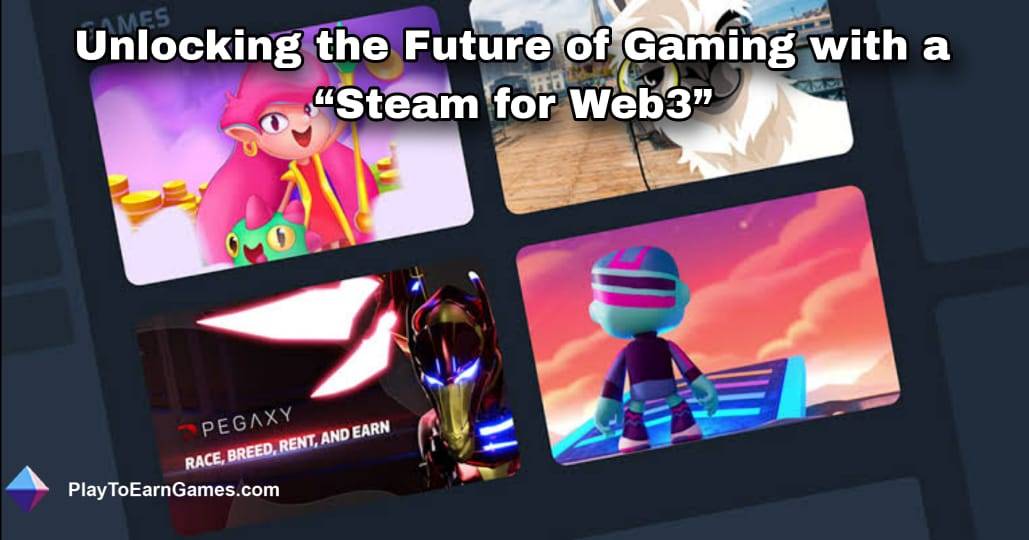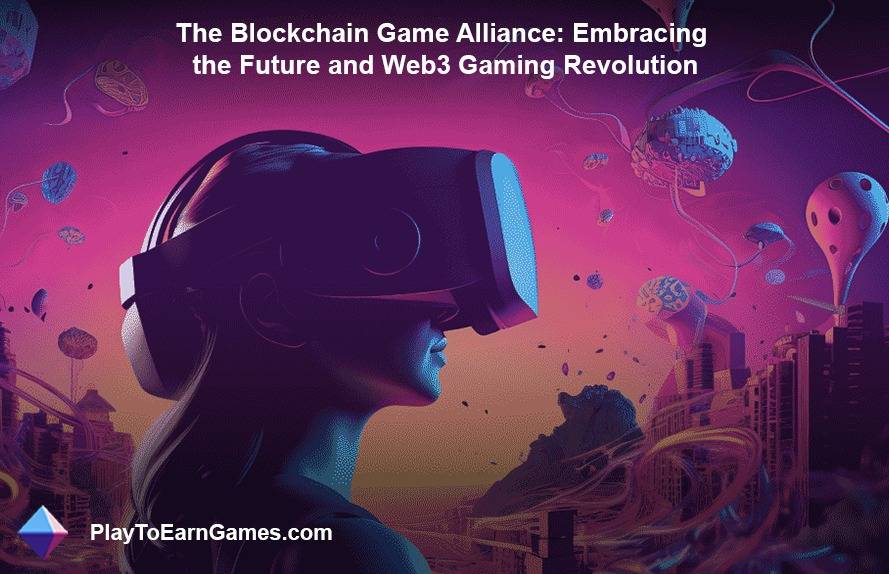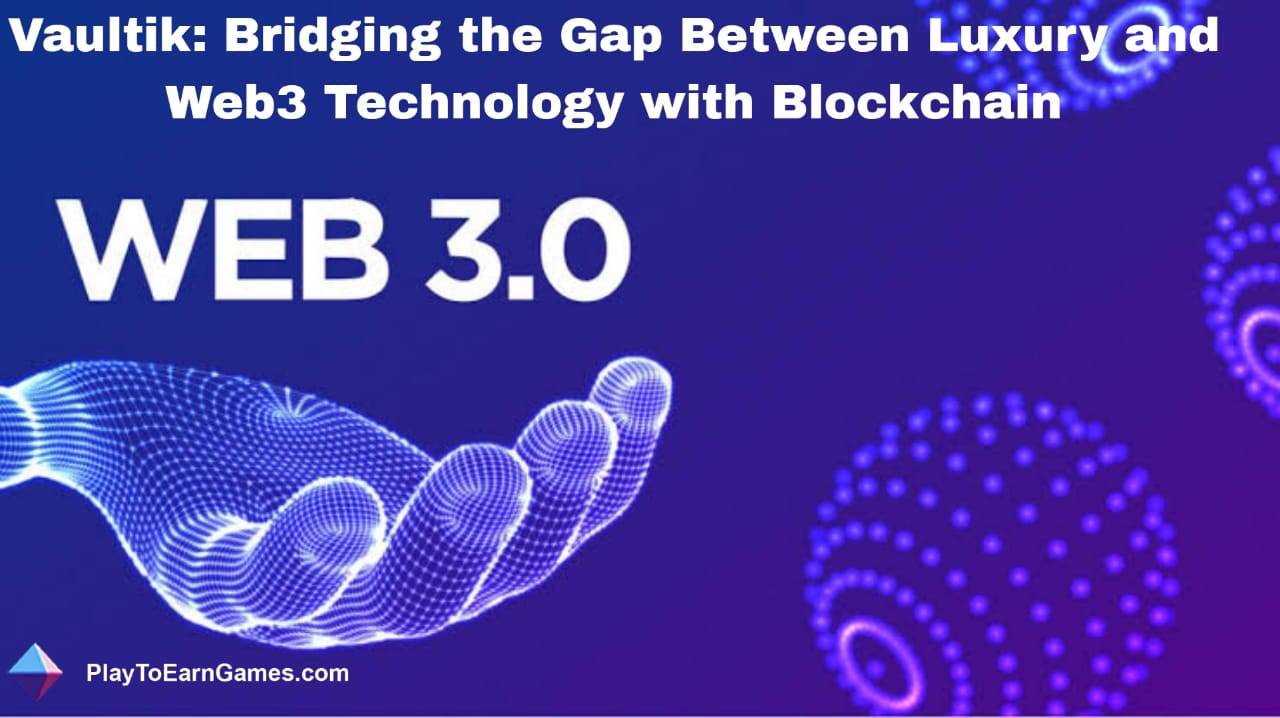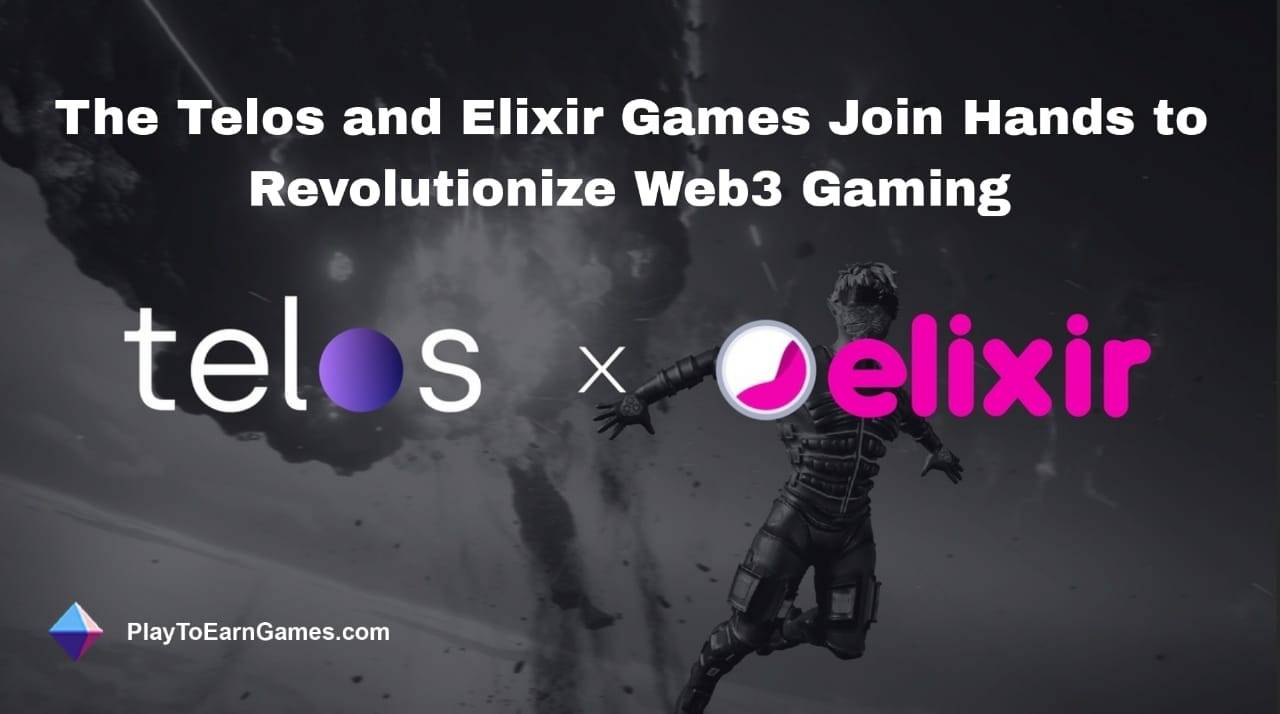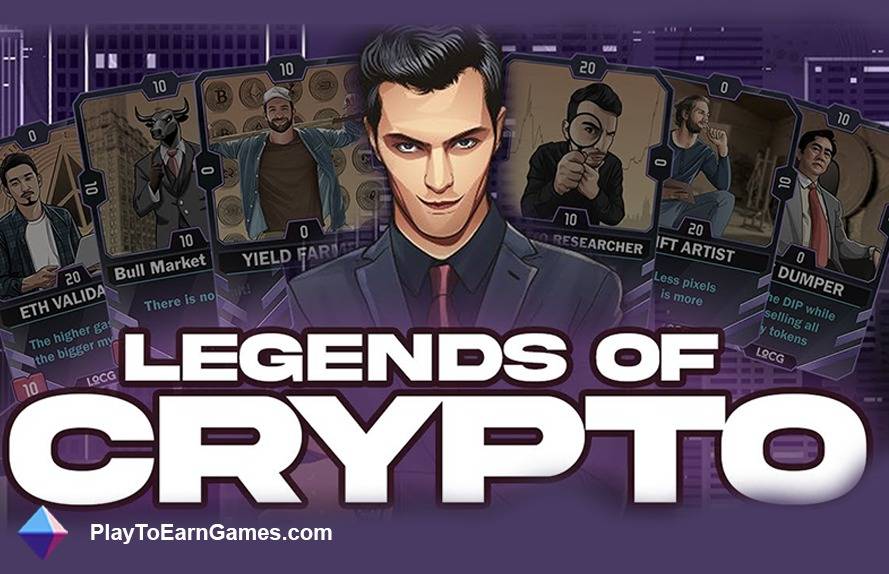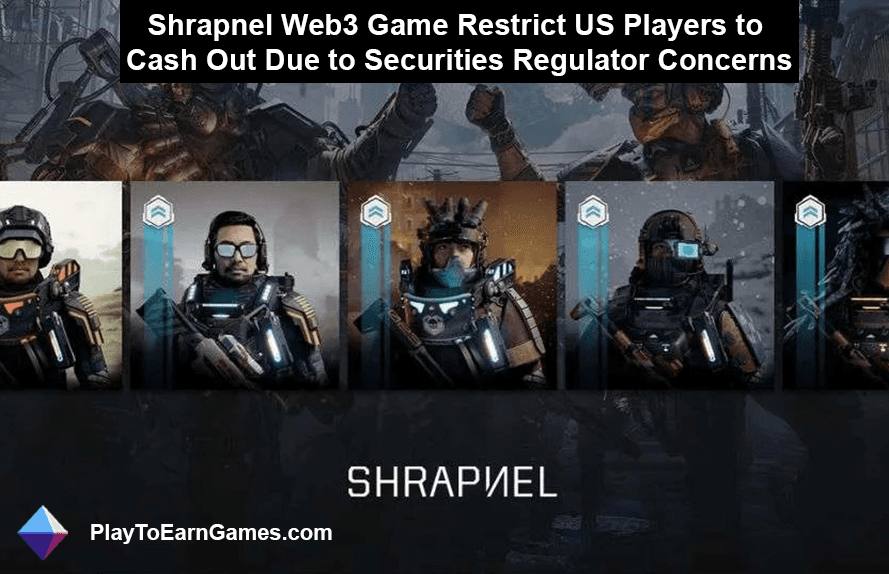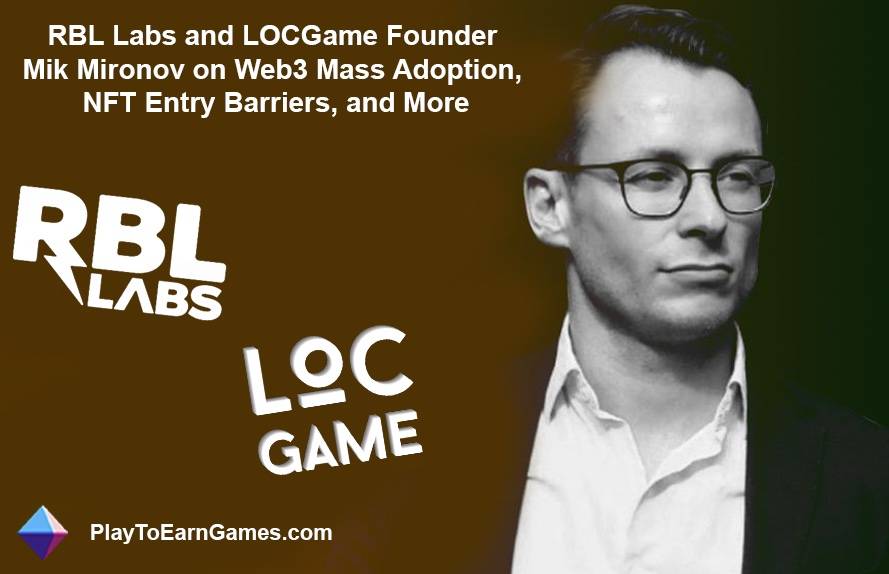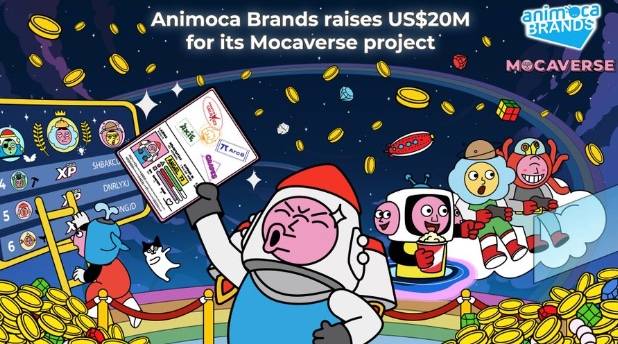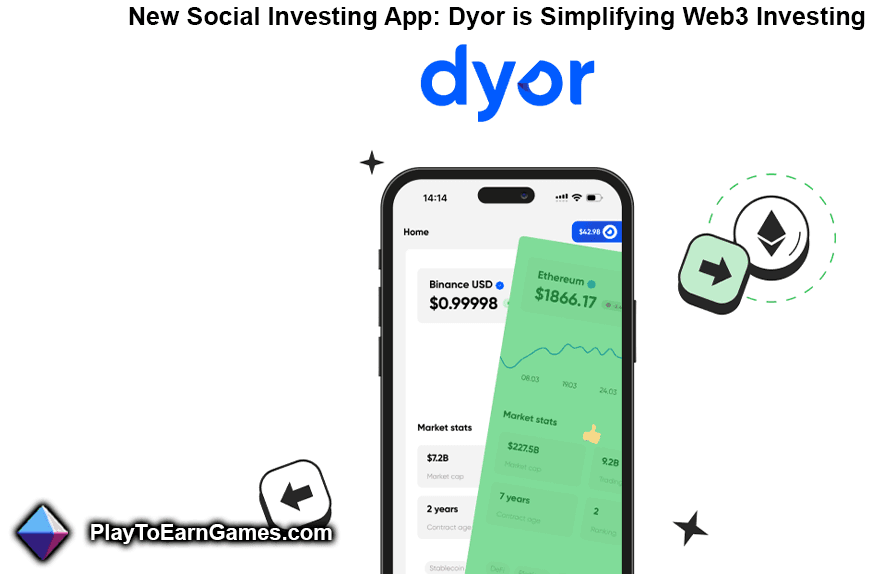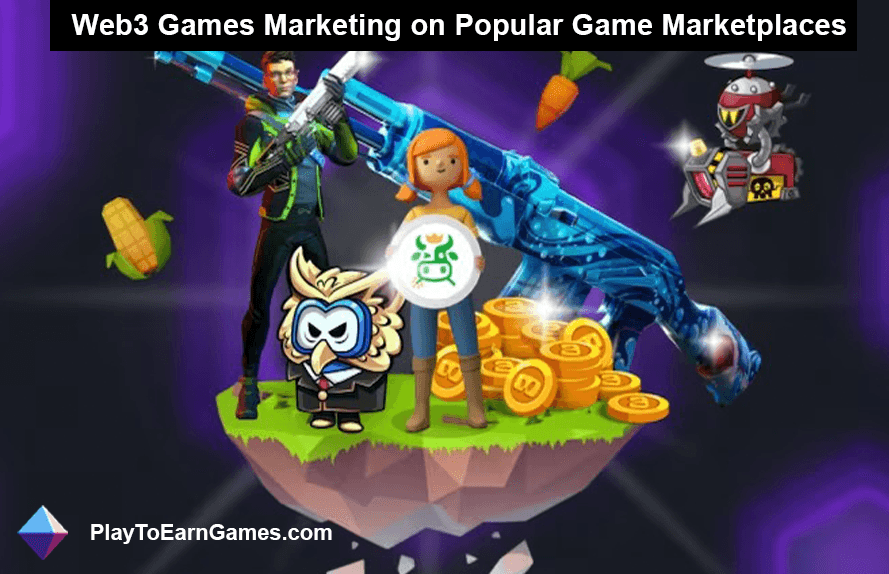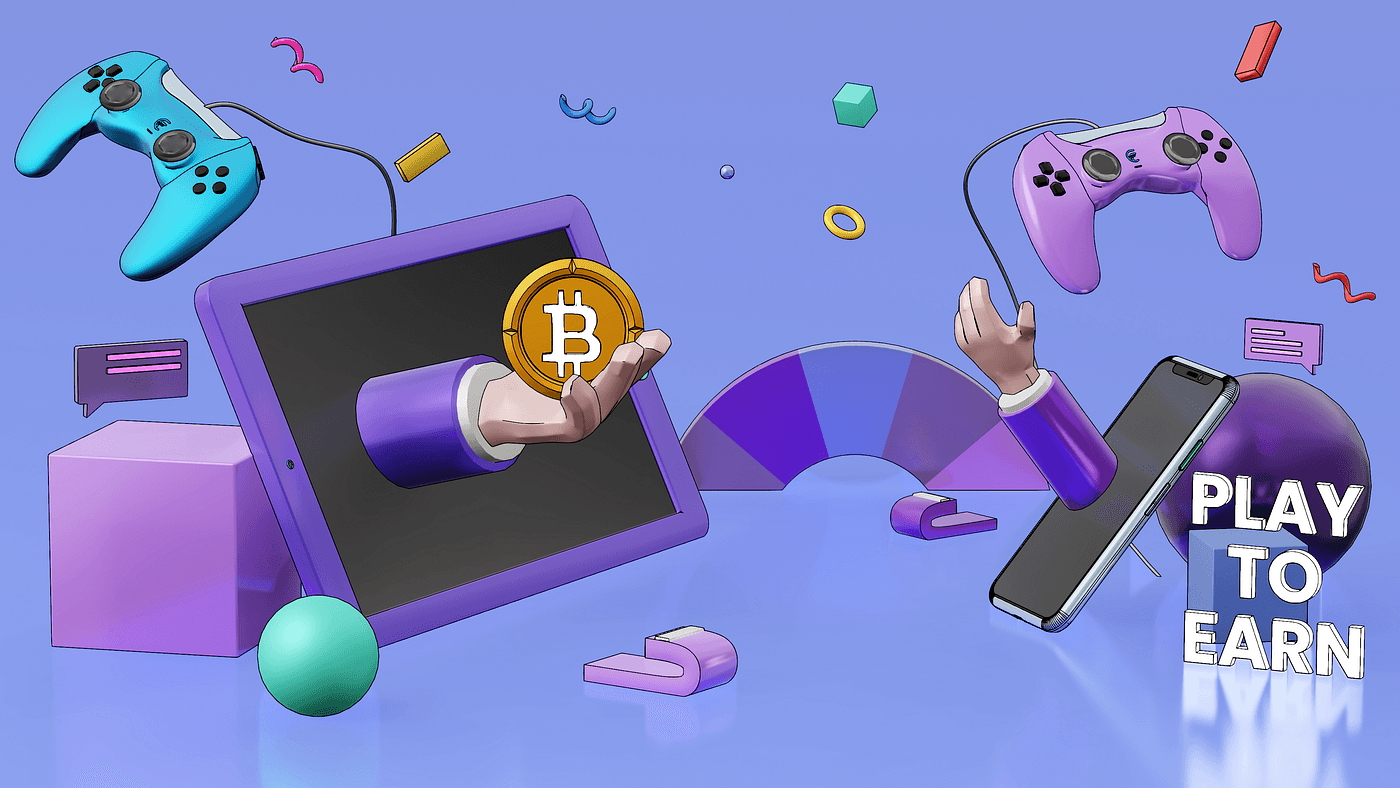The future of Web3 gaming is being shaped by the Blockchain Game Alliance (BGA), a global non-profit organization that has been at the forefront of integrating blockchain technology into the gaming industry. Established in 2018, the BGA plays a pivotal role by bringing together industry experts and developers to foster collaboration, share knowledge, and set industry standards.One of the BGA's notable initiatives is its Annual State of the Industry Survey, now in its third year, showcasing the organization's commitment to facilitating collaboration and diverse perspectives within the Web3 gaming ecosystem. This survey serves as a vital tool for gaining insights into the current state, recent developments, and potential future trajectories of the blockchain gaming industry. It covers crucial topics such as adoption, growth, career trends, and innovation. To ensure its success, the BGA collaborates with Emfarsis, a Web3 advisory firm, to administer and analyze the survey results, culminating in a comprehensive report.What sets the BGA apart is its inclusivity, as it extends the survey invitation to professionals from various fields within the blockchain gaming sector, including founders, developers, publishers, venture capitalists, as well as those working in legal, finance, marketing, and public relations roles. Moreover, the BGA recognizes the significance of media perspectives in shaping the narrative of the evolving blockchain gaming landscape and thus invites journalists and content creators who cover blockchain gaming.Esports players are also acknowledged as essential participants in the survey, highlighting the intersection of esports and blockchain technology within the gaming world.In a strategic move to enhance its insights, the BGA collaborates with DappRadar, a prominent player in the blockchain space. DappRadar, working in conjunction with Emfarsis, provides crucial data regarding funding, on-chain activity, and participation in blockchain games across various protocols, thereby amplifying the survey's impact and promoting a deeper understanding of the blockchain gaming landscape.Beyond the annual survey, the BGA actively promotes industry growth through a range of activities and events aimed at supporting its members and fostering collaboration within the Web3 gaming ecosystem. The alliance strategically participates in significant conferences and events like GDC in San Francisco, Consensus in Austin, Gamescom in Cologne, TOKEN2049 in Singapore, and GamesBeat Next in San Francisco. These events serve as platforms for BGA members to showcase their games, products, and services, enhancing their visibility and facilitating networking opportunities within the industry.Additionally, the BGA utilizes online platforms such as Telegram and Discord to create private groups for its members, facilitating meaningful discussions, collaborative projects, and updates on the latest developments in the blockchain gaming space. This approach aligns with the BGA's overarching goal of nurturing a collaborative, community-focused environment.Anticipation is building for the release of the State of the Industry Survey report in mid-December 2023, a collaborative effort between the BGA, Emfarsis, and DappRadar. This report is expected to serve as a comprehensive and valuable resource for industry stakeholders.The BGA's proactive approach to understanding industry dynamics, along with its dedication to inclusivity and data-driven decision-making, positions it as a shining example of effective collaboration, innovation, and community engagement within the blockchain gaming sector. The annual survey and the upcoming 2023 report underscore the BGA's unwavering commitment to advancing the blockchain gaming industry and shaping its promising future.
Read more